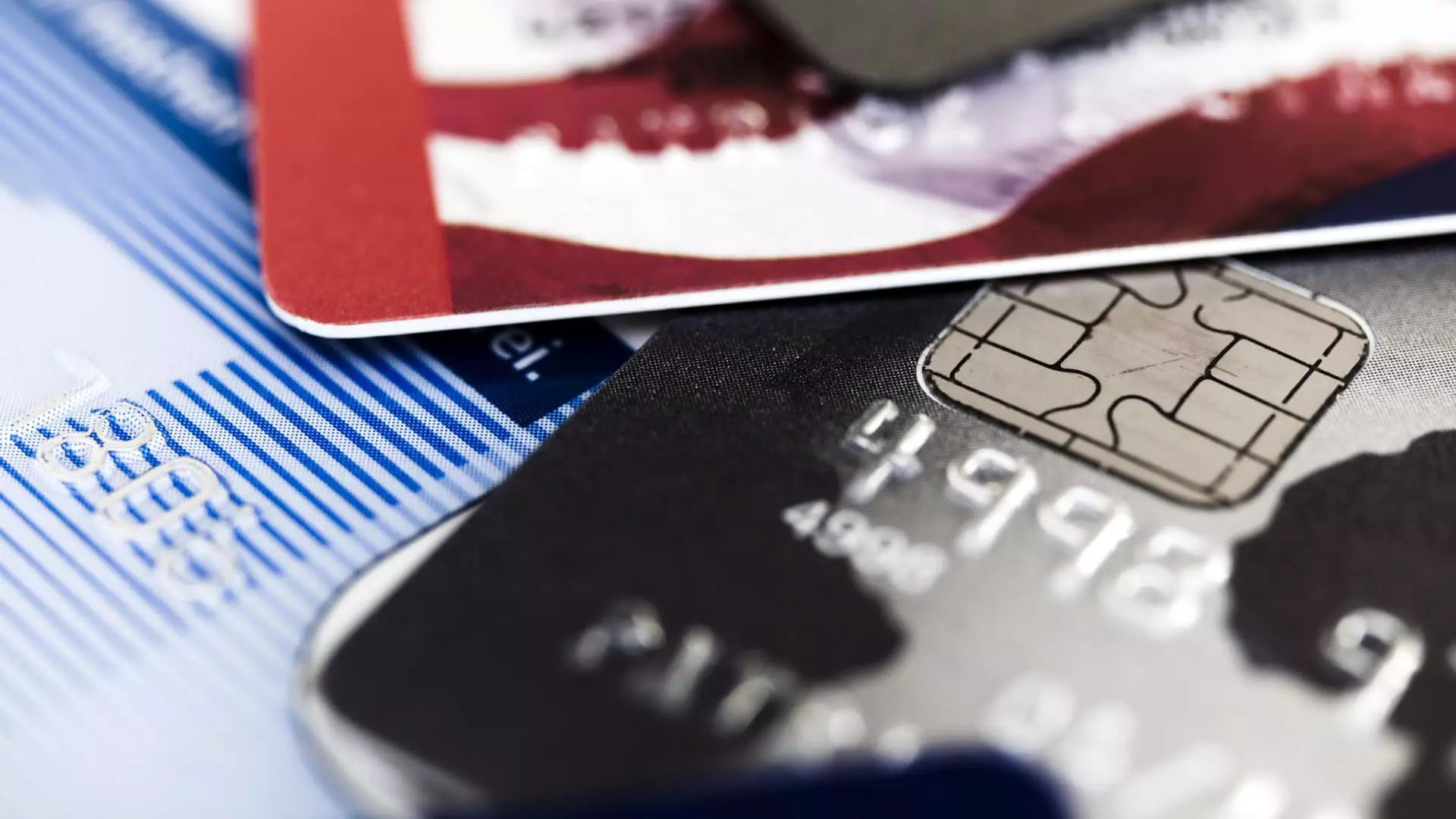The Consumer Financial Protection Bureau’s regulation designed to reduce late fees on credit cards by limiting them to $8 per incident faces a serious legal challenge. The U.S. Chamber of Commerce, representing the card industry, took the CFPB to federal court in an effort to block the implementation of the new rule. After weeks of legal back and forth between venues in Texas and Washington, D.C., a judge in the Northern District of Texas is expected to make a decision by Friday evening on whether to grant a freeze on the regulation, just days before it was set to take effect.
The credit card regulation is a crucial component of President Joe Biden’s broader mission to eliminate what he sees as “junk fees.” The CFPB estimates that this rule could potentially save American families a significant amount of money by slashing late penalties from the current average of $32 per incident to just $8. However, the card industry argues that the regulation redistributes costs unfairly, impacting those who pay their bills on time and potentially causing more users to fall behind. This battle is not only about late fees but also about billions of dollars in revenue that card issuers stand to lose if the regulation is enforced.
Card issuers such as Capital One and Synchrony are already exploring ways to mitigate the financial hit they would face under the new rule. Possibilities include raising interest rates, introducing new fees for services like paper statements, or changing their lending practices. Capital One’s CEO has warned that the bank’s revenue could be impacted for a “couple of years” as they implement measures to offset the loss. The industry is prepared to fight the regulation not only in the current court case but also potentially through further appeals in the 5th Circuit Court of Appeals.
While there is speculation about the outcome of the current legal battle, many experts believe that the Chamber of Commerce, representing the card industry, is likely to succeed in delaying the rule’s implementation. The choice of Texas as the venue for the lawsuit has been seen as advantageous for corporations, leading to expectations that the preliminary injunction to freeze the regulation may be granted by the court. This could prolong the legal dispute and potentially result in a lengthy trial to settle the matter conclusively.
The struggle over credit card late fees regulation highlights the complex relationship between consumer protection, industry profits, and legal challenges. While the CFPB aims to protect consumers from excessive fees, the card industry is focused on maintaining its revenue streams. The outcome of this battle will have far-reaching implications for both cardholders and financial institutions, shaping the future landscape of credit card regulations in the United States. As the legal proceedings unfold, the stakes remain high, and the ultimate impact of the regulation hangs in the balance.

